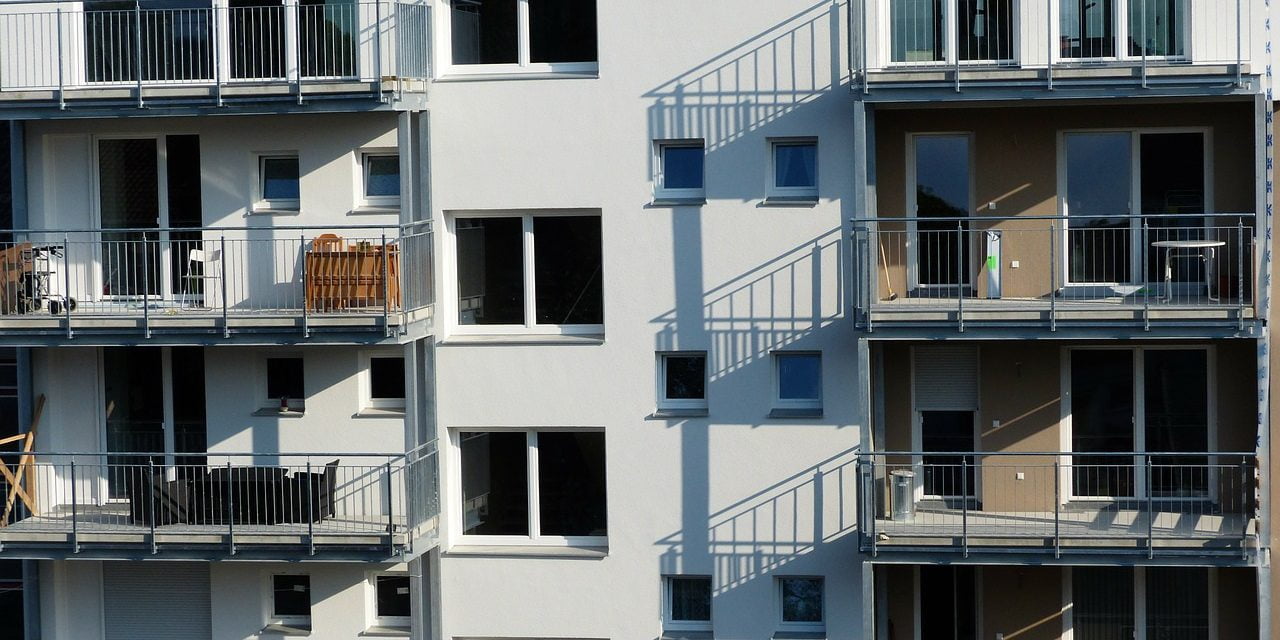Facts: A city enacts a housing ordinance requiring 15% of all new residential development projects with a minimum of 20 units be sold at prices suitable for low- or moderate-income buyers. The ordinance also includes a number of alternative compliance options for developers in lieu of providing the required number of for-sale inclusionary units. A builders association sues the city to bar its ability to enforce the ordinance.
Claim: The builders association seeks to invalidate the ordinance, claiming it is unconstitutional since it enforces “exactions” or development limitations upon developers and fails to provide evidence the ordinance’s requirements relate to the residential developments’ negative impact on the city’s housing issues.
Counterclaim: The city claims the ordinance is constitutional since it does not demand “exactions” in the form of payment or property interest from developers and provides several alternatives to the construction of low- or moderate-income housing units on the same site as market rate residential developments.
Holding: The California Supreme Court holds the ordinance is constitutional since it does not impose “exactions” and offers standard alternatives to the allocation of units, thus not requiring reasonable proof the ordinance relates to residential developments’ negative impact on local housing. [California Building Industry Association v. City of San Jose (June 15, 2015) ___ C4th _____]
Editor’s note – Inclusionary housing ordinances like San Jose’s aim to create housing options available to low- or moderate-income buyers in the hope of alleviating California’s housing crisis. Several cities already have ordinances like San Jose’s, including West Hollywood, Santa Monica and Pasadena. These ordinances may be valuable stepping stones toward state-wide housing relief if tailored to each city’s specific issues.
However, developers cite similar ordinances as deterrents for future projects, stifling growth. Developers are unwilling to sacrifice potential earnings to what they consider an unconstitutional taking of property, claiming it may lead to insurmountable gaps in housing costs. Developers may overcompensate for lost earnings by raising the price of standard units, burdening non-protected buyers.














I have always considered this form of government intervention to be a form of eminent domain and I would attack it as such and am surprised it hasn’t been done by some legal team to date. The developer is entitled to the fair market value of their property and this is clearly extortion, and having a individual private party provide mandatory funding for something that should be done by government at government expense is abuse by government and not what the founding fathers had in mind.
I agree with Brian Park…I have often wondered who took up the slack when the developers were “forced” to provide low income housing. Most people who work hard for a living, wait until they have either saved, or are able to purchase property without government intervention. Reminds me of 40 years ago when many homes in a specific tract were sold to low income buyers, with nothing down. A year later, a lot of the homes were trashed and abandoned when the buyers could not make the payments anyway. The agreements they signed to “sell” at a price lower than the other homes in the tract, was never enforced.